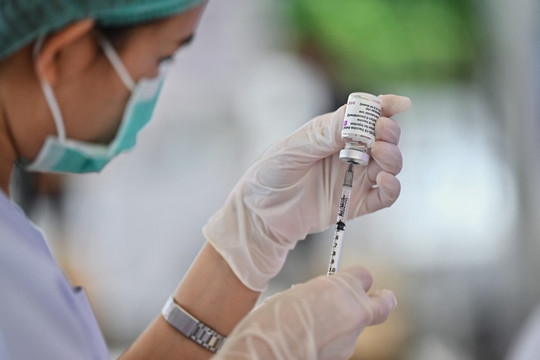In Thailand, Siam Bioscience, a biopharmaceutical company owned by Thailand’s King, entered into a contract in 2020 with AstraZeneca to produce 200 million vaccine doses a year for distribution in Southeast Asia. Throughout the vaccine rollout, existing laws that have been used in the past to censor journalists or criminalise freedom of expression have fuelled a hesitancy towards criticising the AstraZeneca rollout.
Thailand’s censorship laws include the ‘lèse majesté’ law, making it illegal to insult the monarchy and carries a prison sentence of 15 years. On March 23, a leading Thai opposition politician at the time, Thanathorn Juangroongruangkit, was charged under this law after voicing doubts on the government vaccine rollout in a Facebook live stream.
Juangroongruangkit said that the government had mishandled the vaccine campaign and given Siam Bioscience an unfair advantage due to their affiliation with the King.
According to the Financial Times, Siam Bioscience hosted an AstraZeneca launch event and did not invite journalists.
The IFJ has produced guidelines for reporting on Covid-19 vaccines that can be found here.
The IFJ said: “Thailand’s lèse majesté legislation is detrimental to the freedom of expression in the region, limiting journalists' ability to produce critical journalism on the country’s vaccine rollout and to educate the public about the importance of vaccines. The IFJ urges the Thai government to repeal censorship laws, including the lèse majesté legislation and ensure freedom of expression is protected."

